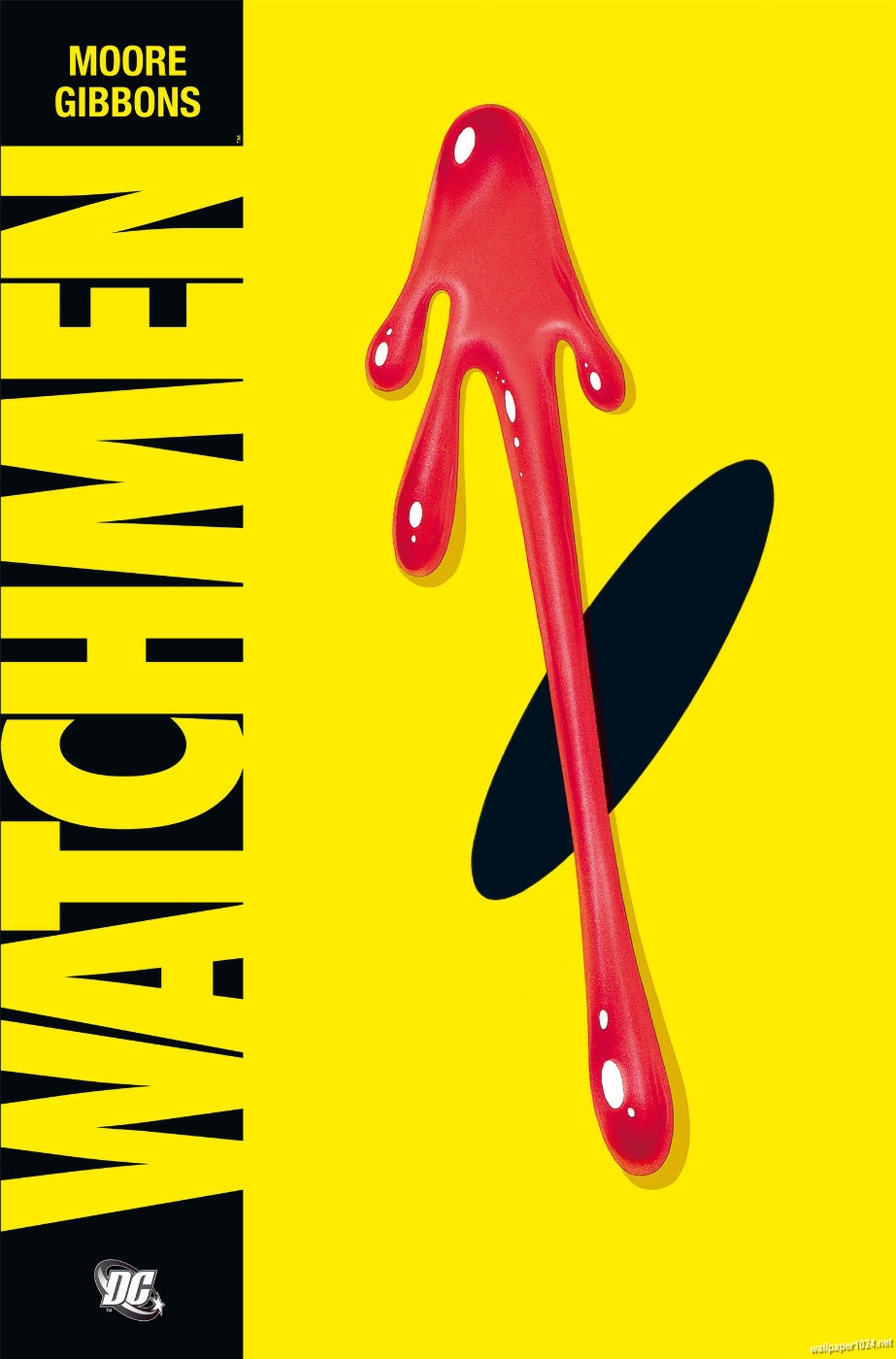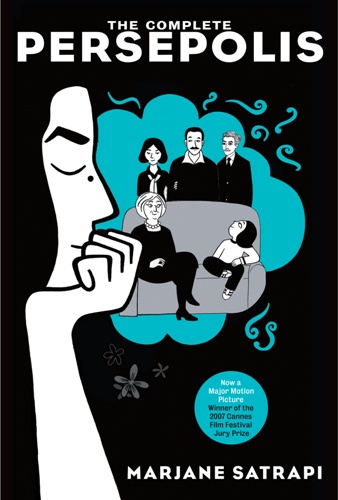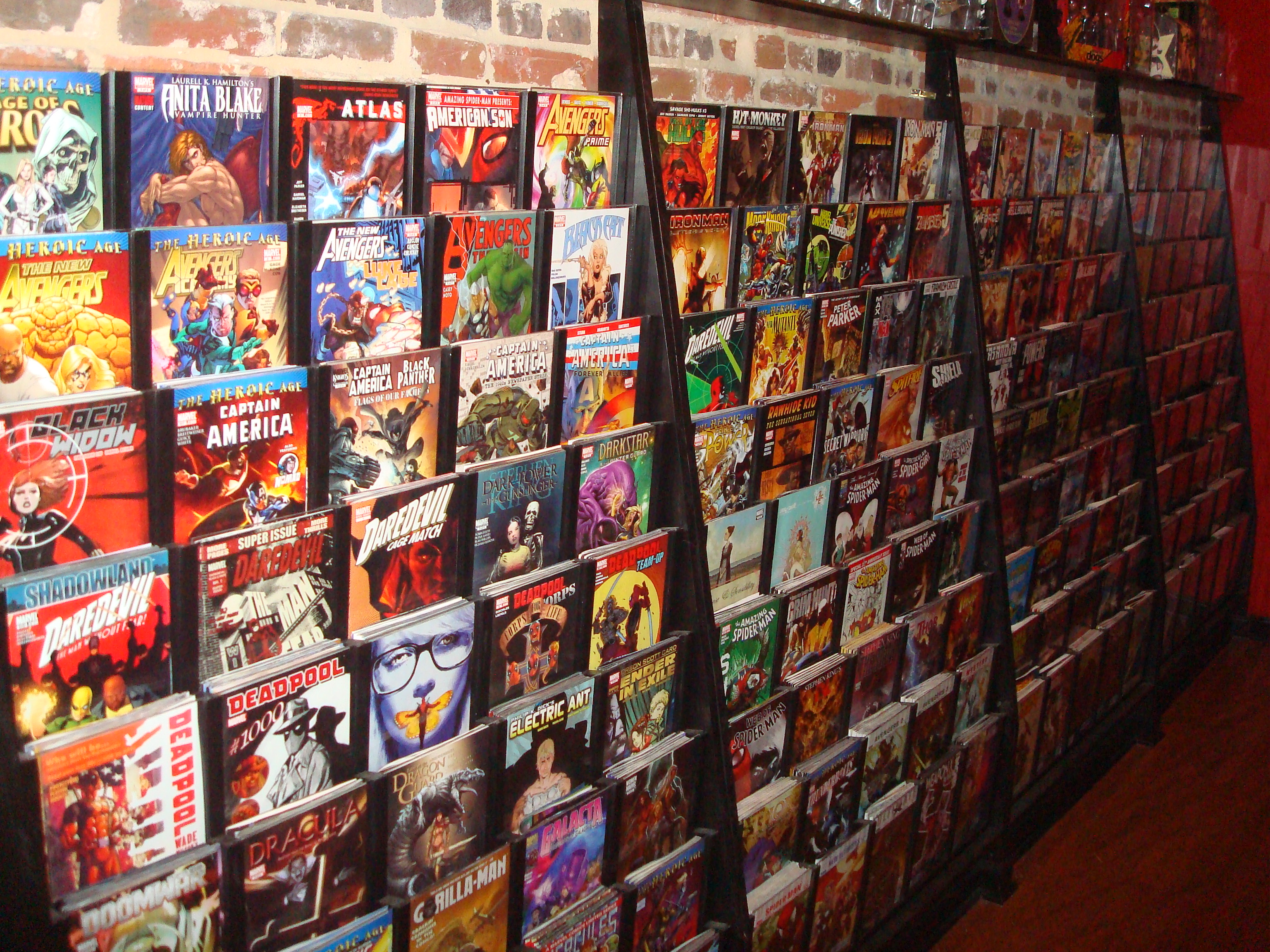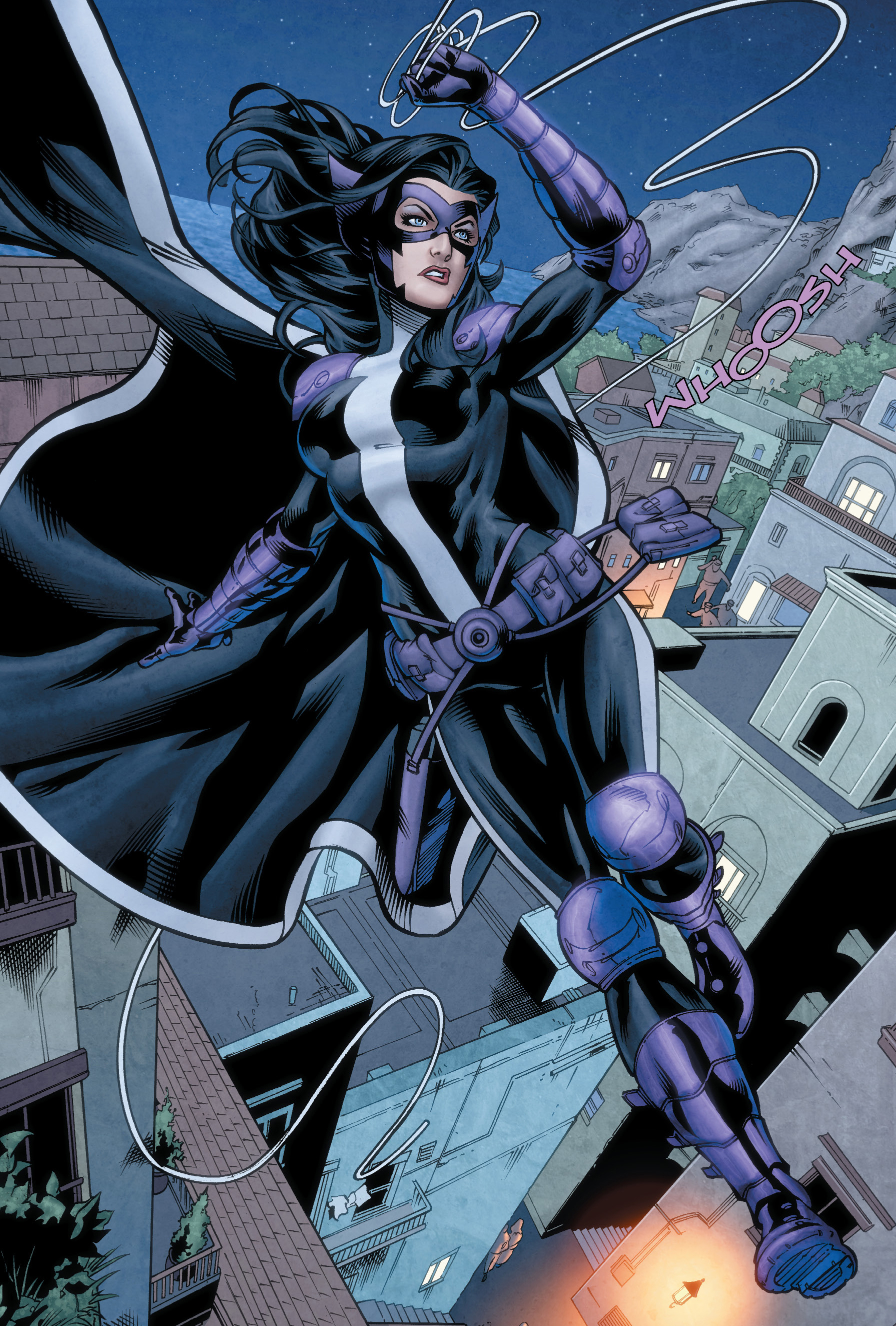
 |
| Photo by Ruth Orkin |

I debated for a while about making this type of post - primarily because I am by no means a comic expert and I wasn’t sure I was qualified to speak on this topic. BUT - who better to help you navigate the confusing and sometimes intimidating world of comics than a fellow newbie. I never read comic books as a child or teen so once I was in my 20’s I just assumed the door had been shut on that world - I didn’t know what the hell to read?? I didn’t even know where to go to buy comics. There are so many different characters, and plots, and artists, and story lines and it’s ALL SO CONFUSING and it makes you just wanna ...

The very first graphic novel/comic I ever read was Watchmen when I was 19 because the trailer for the movie had intrigued me. I was in school as an English major and I decided I should probably experience a different kind of "literary form", and I was happy to find out it was a one-shot sort of thing. I felt comfortable because I couldn’t fuck it up. There was one book, one story, one set of characters - which allowed me time to feel out the medium and understand the flow of reading a story that is focused primarily around art and dialogue.
My mind was blown - I couldn’t believe how the writers and artists worked together to pull together themes and symbols that were just as good, maybe even better than many of the “real books” I had read. In a way it lit a fire under my ass that made me really WANT to enter the world of mainstream comics and see what other amazing stories I had been missing.

1) Try starting with a graphic novel!
This is not necessary by any means. But if, like me, you have never ever read a comic book before I would highly reccomend easing your way in with some of these books. No, it may not feature the popular “superheroes” that we have come to associate with comics, but I assure you these are amazing stories that will get you excited about reading more.
I did find it took me a few books before I really started to follow the order in which the panels were intended to be read and what elements were important to pay attention to. There isn’t really a way to explain it per se because there are nuances to every story, but after a bit it comes naturally. This also eliminates any need to do “research” or understand past references because the stories themselves are self-contained and function quite similarly to a standard multi-book series.



2) Decide on characters or a writer you’d like to follow!

We’ve either skipped the first step cause we wanna get right into it or we’ve read a few graphic novels and now we wanna see what’s up with Batman and Superman and stuff, right? At this point, the easiest thing to do is either find a specific character you are interested in or an author you already enjoy and use that as your springboard.
I started reading a lot of praise about Gail Simone’s work through Tumblr and I became interested in her depictions of women and Trans characters. Because I had a personal and political interest in Simone’s message, I decided to begin reading her Wonder Woman run. There really was no other reason for it. I needed a spot to begin, and it seemed as right as any other.
Don’t overthink it! Maybe you like Neil Gaiman’s books and want to start with something he wrote? Or maybe you just liked those Dark Knight movies, why not narrow it down to Batman at first?
Anyone who has attempted to read the Wikipedia page of a superhero they like will understand the struggle. Quite often stories will contradict themselves, there are different universes, there are completely different people all being the same character - wtf do you do now??
At first, this was something that really turned me off from the whole comic thing. Even if I did know which character I wanted to start reading about - there’s still no obvious starting point. Even if I knew the author AND the character I wanted to read, it was still sometimes hard to find out which issue was the best to start with? Maybe I’m a total dolt, but I know I had some difficulty at first. I think part of the problem was that I didn’t even know what the term “trade” meant in reference to comics (it's fine, you can laugh) Sometimes without the right jargon from the community it can be a struggle to know what to look up.

Essentially a “trade paperback/hardcover” would be the individual issues of a comic storyline put together and published into one book. Although I really enjoy being able to buy the individual copies, sometimes getting the book version is much easier and definitely worth it when you are just getting started.
One day I just happened to stumble upon Trade Reading Order and I felt as though Thor had sent down a lightning strike of clarity. It all made sense!
On the top menu, go to “Comic Reading Orders” and choose either Marvel or DC. At that point if you scroll down a bit while looking at the right hand sidebar, you will see a large list of DC/Marvel characters to choose from. Similarly, there is a “Creator” list right below it.
To this day I haven’t found a better method than this one! I look for names I recognize and than the website will show you a very easy to understand list that takes and all guesswork out of it.
This really narrows things down for you - but for a lot of characters we have stories that begin back in the 60’s with MANY, MANY books. It is not at all necessary to start way back at the beginning. I usually start scrolling from the bottom (most recent) up to the late 90’s early 00’s. Even if you decide you would prefer to purchase comics issue by issue - by having the title of the trade paperback it makes it much easier to google and find information about the original publication of the story arc. Before deciding which book to start with, I usually take a look at some of the art and Amazon reviews to get a feel for it. You might find some of the 90’s artwork is a little dated - in which case just pick something more modern.
Also, by glancing at the summary of the book it will usually indicate if there is any important reading material related to it. I don’t always let this discourage me from purchasing things, because you can usually figure it out and go back to earlier issues if you don’t mind. I’ve noticed most Trade’s tend to stand as stories on their own though.
I can’t stress the importance of TRO - it’s a great reference to go back to as you continue reading!
 This one was probably my biggest problem coming in. I had a bunch of character’s in my mind that I really wanted to start reading about - and I was simply overwhelmed by all of the different plot lines and origin stories they had. I was trying to understand all of them at once, when that is simply not necessary.
This one was probably my biggest problem coming in. I had a bunch of character’s in my mind that I really wanted to start reading about - and I was simply overwhelmed by all of the different plot lines and origin stories they had. I was trying to understand all of them at once, when that is simply not necessary.
What I’ve learned is that this whole thing is a big learning process. You will not understand every reference and there are going to be times where you’re really confused and you’ll sit there and think “Who the fuck is this person? Am I supposed to know them??” And what I’ll say is - 90% of the time there will be enough backstory and characterization throughout the book to give you plenty of understanding - at least enough so to keep the story enjoyable, simple as that. For the few times that this is not the case, it’s usually pretty ignorable and worst case scenario: you can Google it.
After a while this becomes normal, and you will start to find it fun! Use it to get you intrigued about other characters you can now research. This gives the Universe an even larger complexity.
Comics have also taught me a new (and I think sometimes) deeper way of connecting with and understanding a character. All of these different interpretations of the same story, with reoccurring themes, character traits, and symbols being used in new and interesting ways over and over again. For any reading or writing enthusiast - this is a playground of opportunity! What I initially found an intimidating and isolating factor actually turned into one of my favorite things about comic books.
 |
| Graphic Novelty, Baltimore - Photo by BoutiquesnGeeks |
Try and look at the interesting aspects of having different stories told and retold and enjoy them as you come upon them rather than trying to understand everything at once. This seems a bit scary, I think because people are afraid to seem uneducated about a character’s backstory which brings me to my last suggestion …
5) Don’t let anyone make you feel bad!
 Comics are supposed to be FUN! This is not a competition, although some people may act like it is. If you’ve only read the New 52 Batgirl origin and someone wants to challenge your knowledge - why should you let them make you feel bad? There are thousands of comics out there and there’s no way to know everything. Take what you do know and enjoy it and tell anyone who tries to make you feel like you’re not a “real fan” to fuck off because it’s a pointless opinion to have.
Comics are supposed to be FUN! This is not a competition, although some people may act like it is. If you’ve only read the New 52 Batgirl origin and someone wants to challenge your knowledge - why should you let them make you feel bad? There are thousands of comics out there and there’s no way to know everything. Take what you do know and enjoy it and tell anyone who tries to make you feel like you’re not a “real fan” to fuck off because it’s a pointless opinion to have.
When I first started, in an effort to avoid any awkward small-talk I ordered all of my issues online. There is nothing wrong with this! I was really scared to go into comic book stores, and I had a small handful of bad experiences with dismissive male employees which left a really bad taste in my mouth.
After I searched a bit, I actually found a really nice store near me that has never once made me feel anxious. I would say after getting your feet in the water, it’s worth it to check out some local stores if you are comfortable! I really like supporting the shops and I promise there are nice people out there, it's just a matter of finding them. I think once you start to read more books, you start to care less what people around you think and more about enjoying the stories which makes it a lot easier to brush off even if you do have a bad experience.


No comments:
Post a Comment